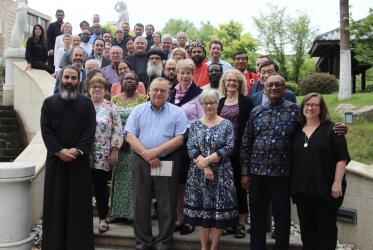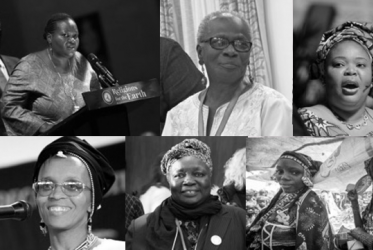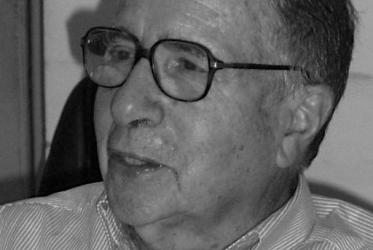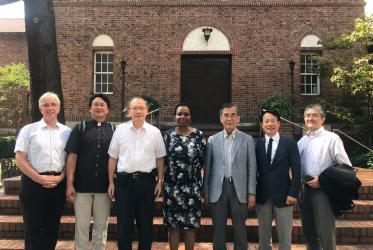Displaying 41 - 60 of 282
12 January 2021
In Japan, spirit of koinonia deepens
26 September 2019
‘Pursuing Peace in a Pluralistic World’ A Sikh-Christian Dialogue to commemorate the 550th Birth Anniversary of Guru Nanak
05 July 2019
Ecumenical Centre, Geneva








